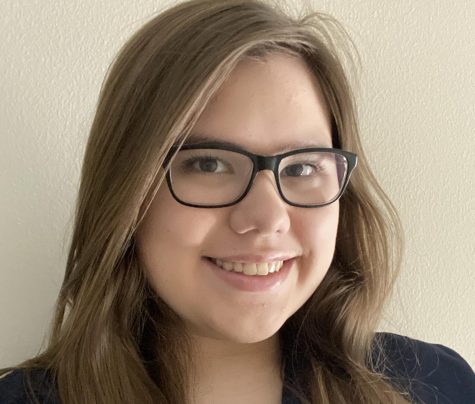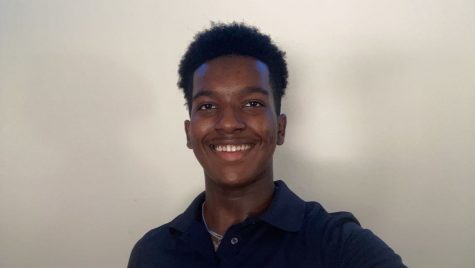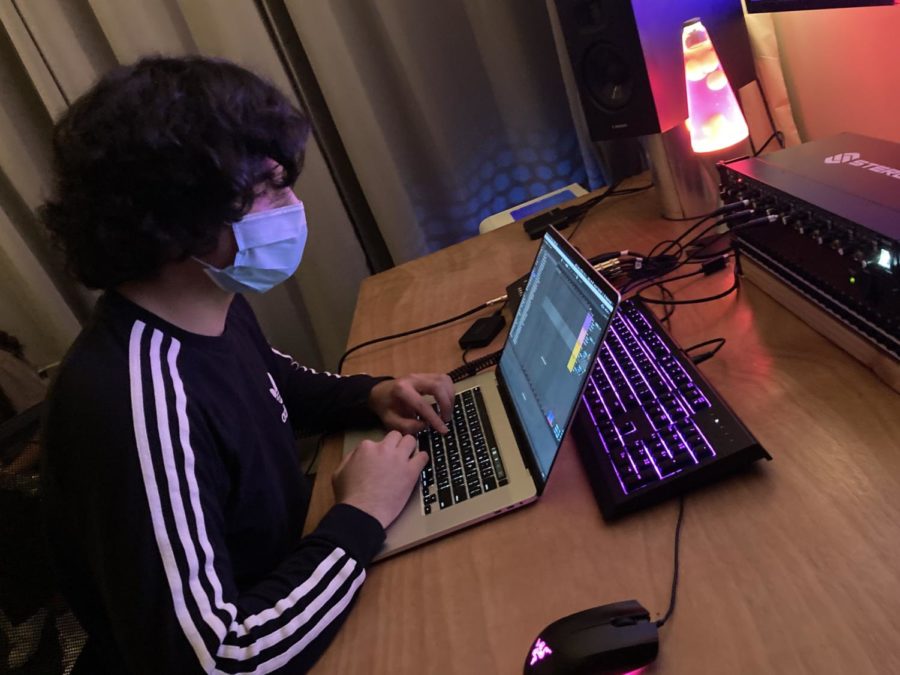Fenouil works with ‘cutting-edge’ musicians
Nicholas Fenouil has become a popular music producer who has worked with local artists including rapper Don Toliver.
This article was initially published in the March 9, 2021 print issue of the Review.
Nicholas Fenouil started casually experimenting with GarageBand at the beginning of his freshman year. Now, he’s a budding music producer.
Fenouil, a senior, predominantly produces rap, hip-hop and trap music and has worked with musicians including Houston-born rapper Don Toliver, who has over 1.2 million Spotify followers.
Fenouil composes tracks using electronic drums. He listens to a few tracks from artists, then composes his own tracks to accompany the song.
“I’m just trying to make what the artist wants,” Fenouil said. “I’m limited in that way, but it’s good to have a place to start.”
Senior Natalie Brown is a singer-songwriter who considers herself a pop artist. Last spring, Fenouil worked with her to produce the single “Deja Vu,” which she released on Spotify. Fenouil was excited to produce a different style of music.
Brown and Fenouil worked independently on the track, aside from a few calls during the process.
“I’m very meticulous about what I want my songs to sound like,” Brown said. “It was good for both of us to step outside our normal genres.”
Fenouil would send Brown multiple tracks for the song, and she responded with notes about specific time-stamps.
“I would text him all of these tiny notes like `I don’t like the way the drum sounds at 34 seconds’ or `I don’t like the ambiance of this section,’ and he got it,” Brown said.
Fenouil has come a long way in just four years. During his freshman year cross-country retreat, he pitched in to help create a lighthearted “diss track” about another teammate using GarageBand.
Before long, Fenouil started making melodies that he sent to other producers. As he progressed, other artists began sending him melodies. When he started making completed tracks, he reached out to artists directly.
Fenouil uses social media to network and find new projects. In 2017, he direct messaged a producer on Instagram who connected Fenouil to a friend of Don Toliver, who in turn introduced Fenouil to one of Toliver’s producers. Fenouil received production credits for two of Toliver’s songs, “Around” and “2 Lil Shorty.”
“It felt like a turning point in my attitude towards making music,” Fenouil said. “It made me realize that maybe this could be more than just a hobby.”
After “Around” reached 100 million streams online, Fenouil received a milestone plaque from the Recording Industry Association of America and Toliver’s record label Cactus Jack.
Fenouil signed a deal with Sony/ATV Music Publishing.
Fenouil’s discography has secured him invitations to work with artists in recording studios. During pre-pandemic studio sessions, he collaborated with local artists and received live feedback. He used the opportunity to network with artists so later he could produce for them.
“He’s got a huge network online, and he’s really pushing himself to get himself out there. It’s really inspiring,” said senior Henry Miller, an electronic music producer and close friend of Fenouil.
Since the pandemic began, the studios where Fenouil once worked are now closed, so he has returned to producing remotely.
“It’s kind of just going back to the roots of what I used to do before when I was emailing people loops, melodies and beats,” he said.
Fenouil has also been focusing on his trap music skills using a professional digital audio software, taking the opportunity to hone his sound, which emphasizes bold-sounding drums.
“For as much as he’s developed his own style, he’s also super versatile,” Miller said. “He’s very good at producing and creating whatever the situation calls for.”
Miller said that the key to Fenouil’s success is his ability to adapt to different artists while retaining his own distinctive sound, which Miller describes as “psychedelic, wavy and dreamy.”
“Fenouil is on the cutting edge,” Miller said. “He’s going to be pretty big in a few years.”

Gabrielle is a senior in her third year on Review. She loves assembling IKEA furniture, and her favorite drink is coffee.

Maxx is a senior in is his third year on Review. He plays ukelele, and in 2008 he sang with Beyoncé at her concert in Houston.













